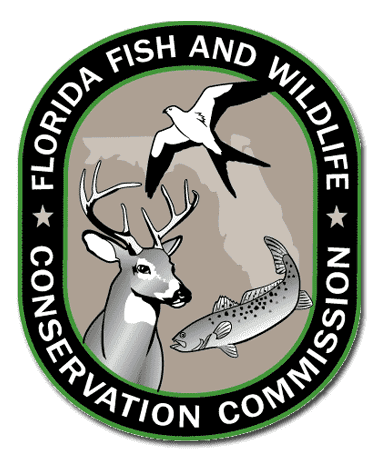Florida FWC Plant Restoration Improves Habitat for Fish, Wildlife in Lake Trafford

The Florida Fish and Wildlife Conservation Commission (FWC) planted more than 25,000 aquatic grass plants in Lake Trafford on May 8. Biologists designed this project to provide better habitat for fish and wildlife that live in and around the lake. Lake Trafford, in Collier County, is the largest lake south of Lake Okeechobee.
“This grass will provide excellent habitat for fish living in the lake,” said FWC aquatic restoration biologist Rodney Hudson. “It will also provide a good foraging area for alligators, otters and birds such as herons, egrets and anhingas.”
The grass species, called Paspalidium geminatum, is native to Florida and is popular fishing habitat for anglers throughout many Florida lakes. Some anglers know this grass as “Kissimmee grass.”
The grass grows in small, scattered patches around the edges of the lake. Biologists chose to plant additional grasses in areas with little or no vegetation. The recently planted grasses will cover approximately two acres of the lake. In time, these grasses should spread over larger sections of the lake, providing more habitat.
For more information on the FWC’s freshwater conservation programs, visit MyFWC.com/Conservation and click on “Freshwater Programs.”

